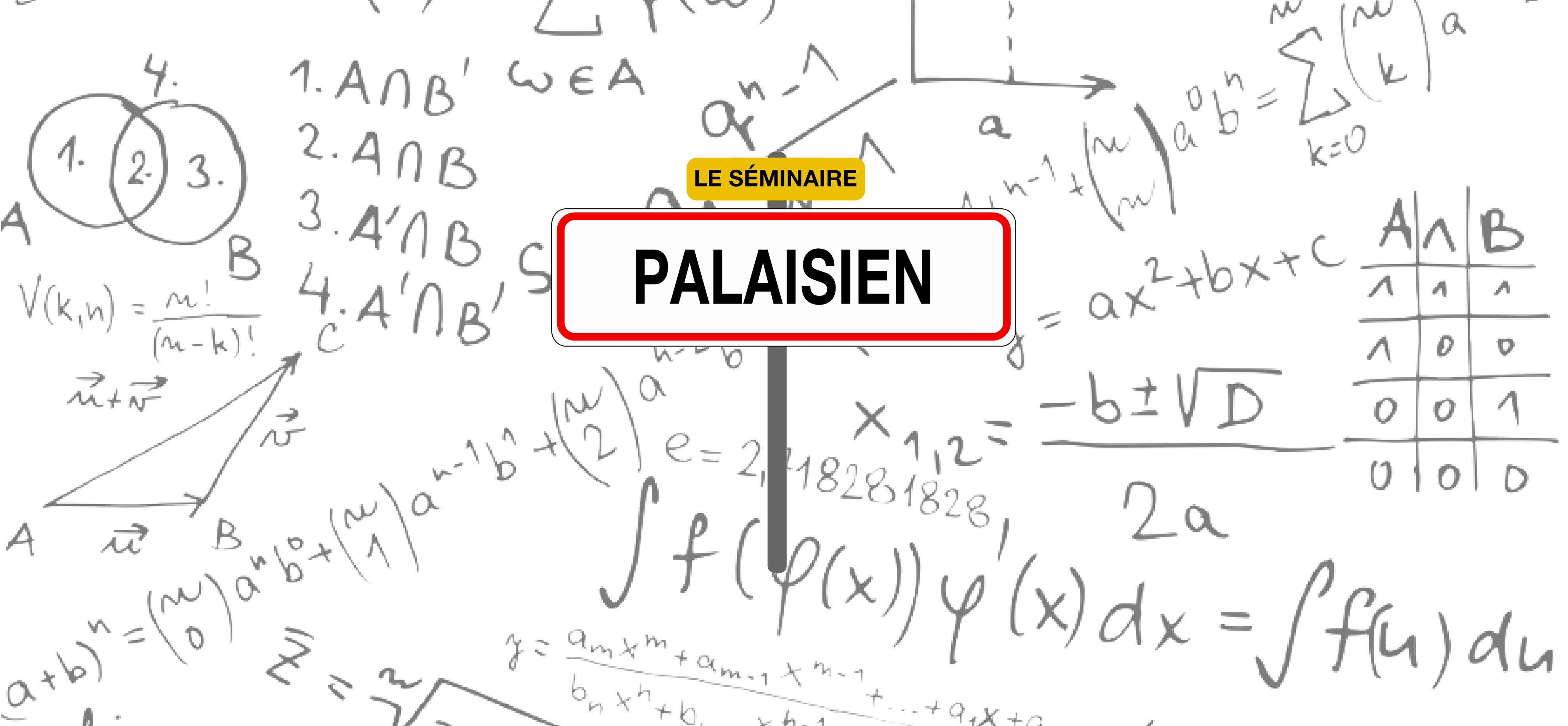Each seminar session is divided into two scientific presentations of 40 minutes each: 30 minutes of presentation and 10 minutes of questions.
Guillaume Staerman and James Cheshire will host the May 2024 session!
Registration is free but compulsory, subject to availability. A buffet will be served at the end of the seminar.
Abstract
Temporal point processes (TPP) are a natural tool for modeling event-based data. Among all TPP models, Hawkes processes have proven to be the most widely used, mainly due to their adequate modeling for various applications, particularly when considering exponential or non-parametric kernels. Although non-parametric kernels are an option, such models require large datasets. While exponential kernels are more data efficient and relevant for specific applications where events immediately trigger more events, they are ill-suited for applications where latencies need to be estimated, such as in neuroscience. In this talk, we will present an efficient solution to Hawkes inference using general parametric kernels with finite support. The developed solution consists of a fast L2 gradient-based solver leveraging a discretized version of the events. After theoretically supporting the use of discretization, the statistical and computational efficiency of the novel approach is demonstrated through various numerical experiments. Finally, the method’s effectiveness is evaluated by modeling the occurrence of stimuli-induced patterns from brain signals (M/EEG) and ECG.
Abstract
Motivated by numerous applications, ranging from supervised anomaly detection to credit-scoring through the design of medical diagnosis support systems, and usually formulated as the problem of optimizing (a scalar summary of) the ROC curve, bipartite ranking has been the subject of much attention in the batch setting. In contrast, active bipartite ranking rule is poorly documented in the literature. Due to its global nature, the task of ranking is more complex than binary classification, for which many active algorithms have been designed. In this presentation, we will consider an active learning framework for the bipartite ranking problem. We will go on to describe a dedicated algorithm, active-rank which aims to minimise the distance between the ROC curve of the ranking function built and the optimal one, w.r.t. the sup-norm. We will show that, for a fixed confidence level ε and probability δ, active-rank is PAC(ε, δ). In addition, we will provide a problem dependent upper bound on the expected sampling time of active-rank.






